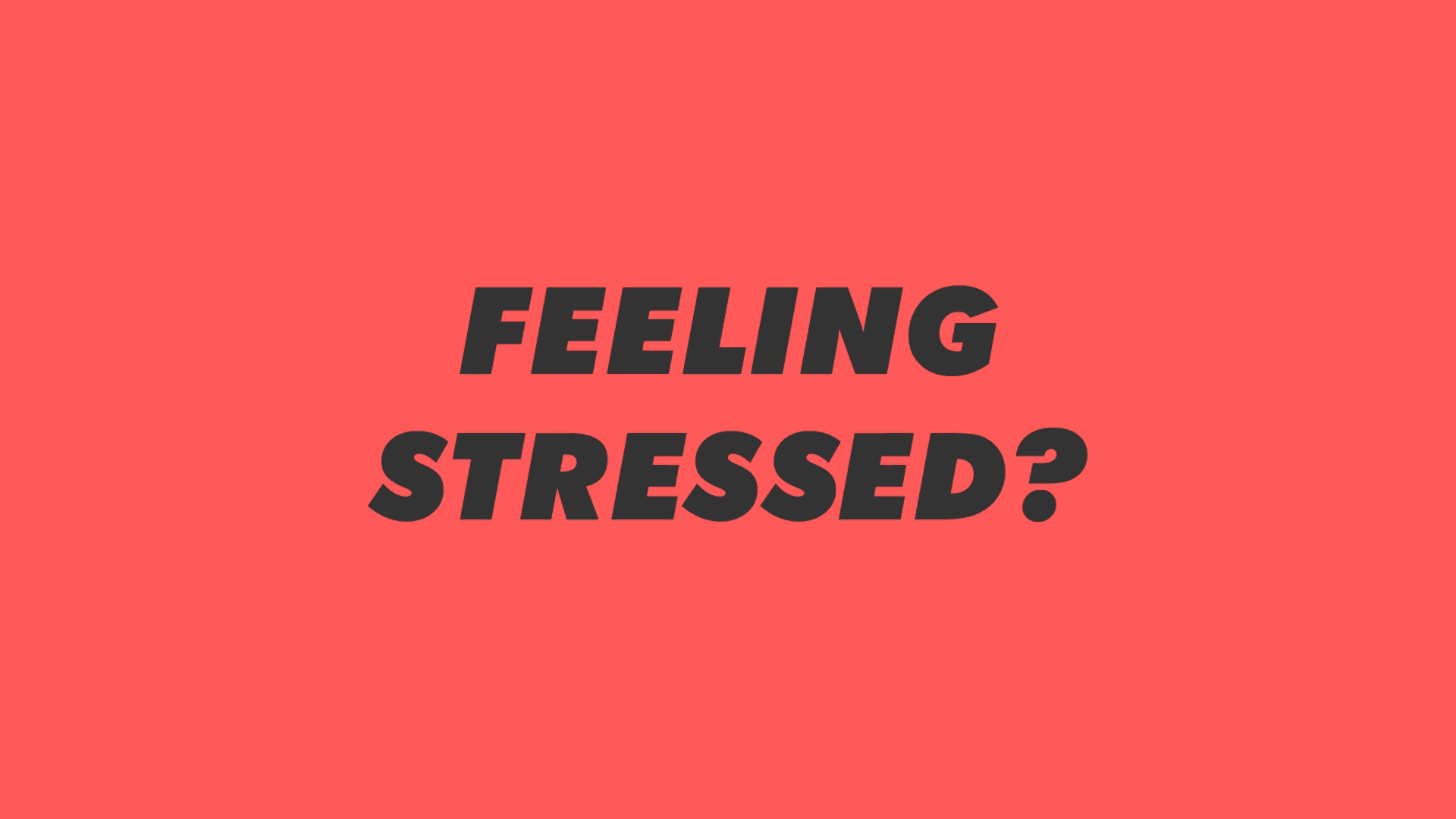While moderate levels of stress can be healthy, if it feels like a dark cloud hanging over you, it is time to take action.
During times of stress overload, we can easily spiral into a negative headspace. When stress gets us down, it can seem like we have no control over our negative thoughts. Stress hormones impact our cognitive processes, so there’s a physiological reason that stressful situations can feel overwhelming.
Talking is one of the best ways to tackle stress, but who should we talk to, and how can we use it to see things more clearly?
1. Think about who can help
Even though it is important to talk, picking the right person is a definite plus. Ask yourself: do I feel safe with this person? Can I trust them? Can they help me? What can I gain from sharing with them?
When you find the right person to talk to, it can change everything. They can help you see things differently, find a way forward, look at possible solutions, and feel less burdened. When you talk to the right person, you should start to feel better, and not worse, about your situation.
2. Avoid stress-feeders
Before a big test or event, you’ll usually see those people who turn into a tightly wound ball of panic, and they cluster in groups, feeding each other’s stress. When you’re feeling stressed yourself, this narrative can add to your feelings of overwhelm, so it is far better to catch up with them when you’ve had a chance to centre yourself and find someone calmer for a chat.
3. Consider talking to someone new
Help can come from many places, so if the person you usually turn to is unavailable, that doesn’t have to mean you’re on your own. Depending on the problem, you could try chatting with the school guidance officer, a teacher, or your parent.
Family members like older siblings or aunts have often been through similar challenges and might have a good idea of how to deal with stressful situations – in fact, you often end up with a closer relationship as a result.
Healthcare professionals like the school nurse, your GP, or a psychologist can be great at helping to unravel stress. They’re sympathetic and have access to a wealth of resources that can help.
4. Ask others if they have been through something similar
There may be people around you who seem to handle everything life throws at them. Those people may have developed some great coping strategies, and that can make them great sources of advice. Aside from some great tips, knowing that others have survived similar stresses can make you feel less alone.
5. Try a different way of starting the conversation
If opening up feels confronting, remember that speaking isn’t the only way to communicate. Try reaching out by text or DM, so you can find the right words without pressure.
Headspace has online counselling options where you can communicate directly with a qualified professional, and they’re great at helping to find ways to reduce stress. Another resource is Kids Helpline, they offer WebChat counselling options. Both are confidential, with no pressure.
When you’re stressed to the max, talking it out can let out some pressure and can help you to break down stressful challenges into more manageable chunks. The right sounding board will help you to gain clarity and see where the stress is just making problems seem bigger.
Next time you feel overwhelmed by your thoughts, finding the courage to start a chat sooner rather than later can be your best move.





